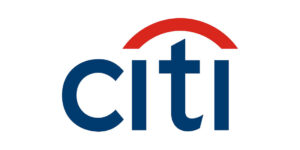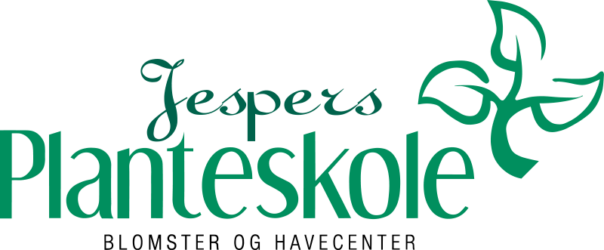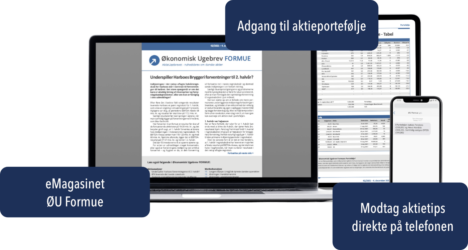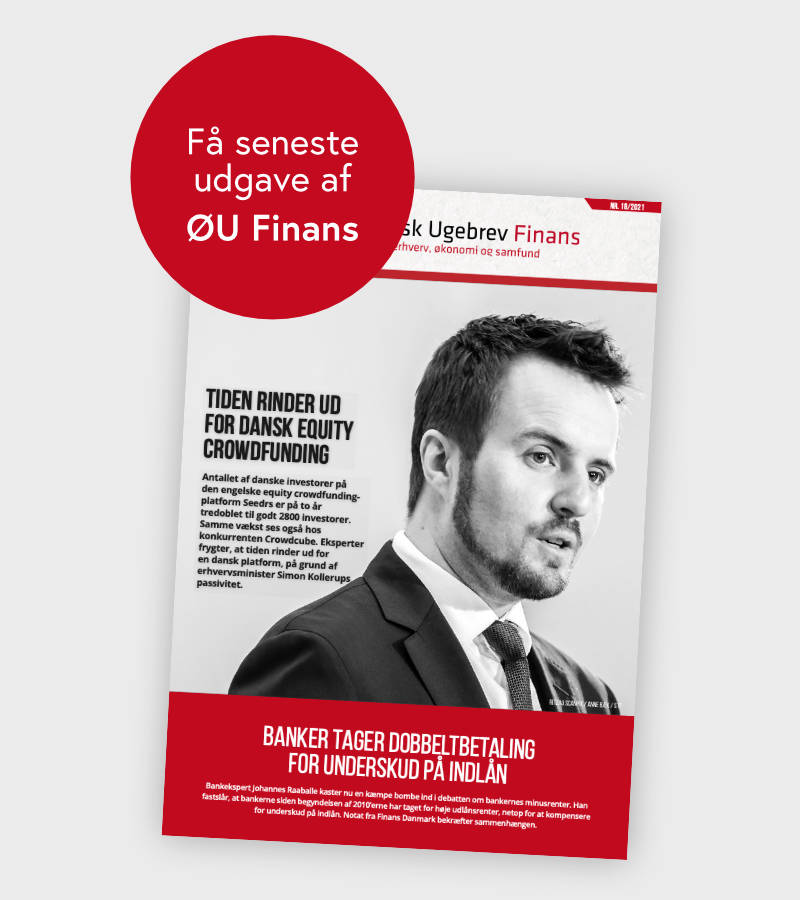Within the next few months, Danish professional investors must live up to new legal rules on active ownership. Økonomisk Ugebrev Samfundsansvar (Economic Weekly Corporate Social Responsibility) will in a series of articles in the coming months bring a review of how the large Danish institutional investors choose to report. The new law is full of loopholes in the way that investors, for example, choose what they want to report on the voting at the annual general meetings of companies listed on the stock exchange.
More and more domestic institutional investors are publishing so-called voting records, after which there is full transparency about how the investor has voted at the general meetings of the listed companies. When Økonomisk Ugebrev last updated our rating overview of the active ownership of almost 30 large Danish investors in August 2020, the conclusion was that 16 of the 27 investors provided information about their specific voting.
Moreover, 12 of them gave brief explanations as to why they voted no or “did not vote” on the individual agenda items at the annual general meetings of the listed companies. The explanations give the stakeholders behind the individual administrator, ie a bank, a pension company or an investment association, the opportunity to understand why the administrator has voted yes or no at the general meeting.
More on the list
Økonomisk Ugebrev has now updated the rating overview, which we will review in more depth in the coming editions of the new Økonomisk Ugebriv Samfundsansvar (Economic Weekly Corporate Social Responsibility). Regarding information about voting, several investors have been added to the positive list. Half a year ago, LD, PensionDanmark, and PFA Pension, among others, did not have public voting records.
PFA Pension has since been added to the list, and so has PensionDanmark, but only for the 25 largest equity investments. PFA states on the overview page that “PFA participates in selected general meetings of companies listed on the stock exchange in Denmark.” Økonomisk Ugebrev’s review shows that PFA has not voted at the general meetings of Danish companies at all.
On the list from PensionDanmark are a few instances where the pension fund has voted, in all instances they voted with the management.
Lægernes Pension informs Økonomisk Ugebrev that they will probably start publishing voting records in February, and Nykredit Invest also states that they are on their way with something.
On the other hand, Lønmodtagernes Dyrtidsfond (LD) is one of the few large institutional investors that does not publish voting records. However, LD says that the fund is in the process of testing a voting database together with its administrator Minerva, and that it is scheduled to be published during the spring.
On an overview page on active ownership, the fund states that it has voted at all general meetings of Danish listed companies, where it owns shares, and that the companies have actually been named. It is stated that LD has had a special focus on “incentive schemes, board composition, as well as securing considerations of ordinary shareholders (eg authorizations for capital increases, protection against takeovers, etc.”).
On specific problem cases, it is stated, among other things, that “In 2019, several companies have been contacted, including Novozymes, whose board just barely lived up to the recommendations on independence, and Ørsted, where a member of the board could appear to have problems with overboarding. As it was the case in 2018, Coloplast’s general meeting in 2019 required involvement. LD Fonde voted once again against the election of the chairman Lars Rasmussen.”
Danica Pension was not included in the statement last summer. But the pension company also presents voting records.
They decide themselves.
The new legal requirements for information on active ownership apply to financial years beginning on 1 January 2020, ie with the first publication in the spring of 2021. The law states that “Such publication may omit votes that are insignificant due to the subject of the voting or the size of the shareholding in the company in question. If an institutional investor or an asset administrator does not meet these requirements, they must publish a clear and substantiated explanation as to why they have chosen not to meet one or more of these requirements.”
The legislative remarks state that the investors can decide for themselves what an “insignificant” shareholding or issue is. “Investors should determine their own criteria for which polls are insignificant on the basis of the topic of the poll or the size of the shareholding in the company in question, and apply them consistently,” the legislative remarks state.
For more articles in English: Our articles in English











